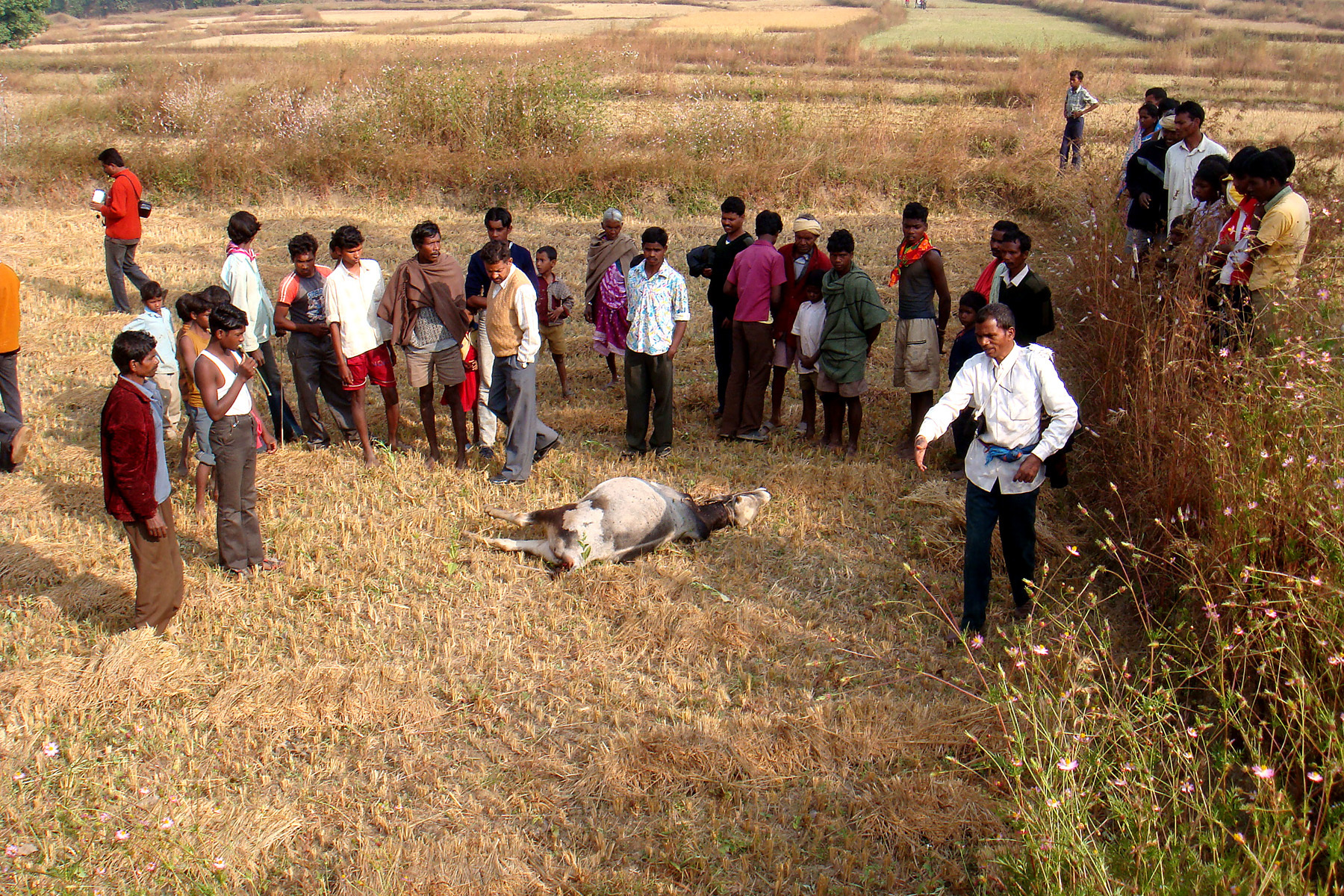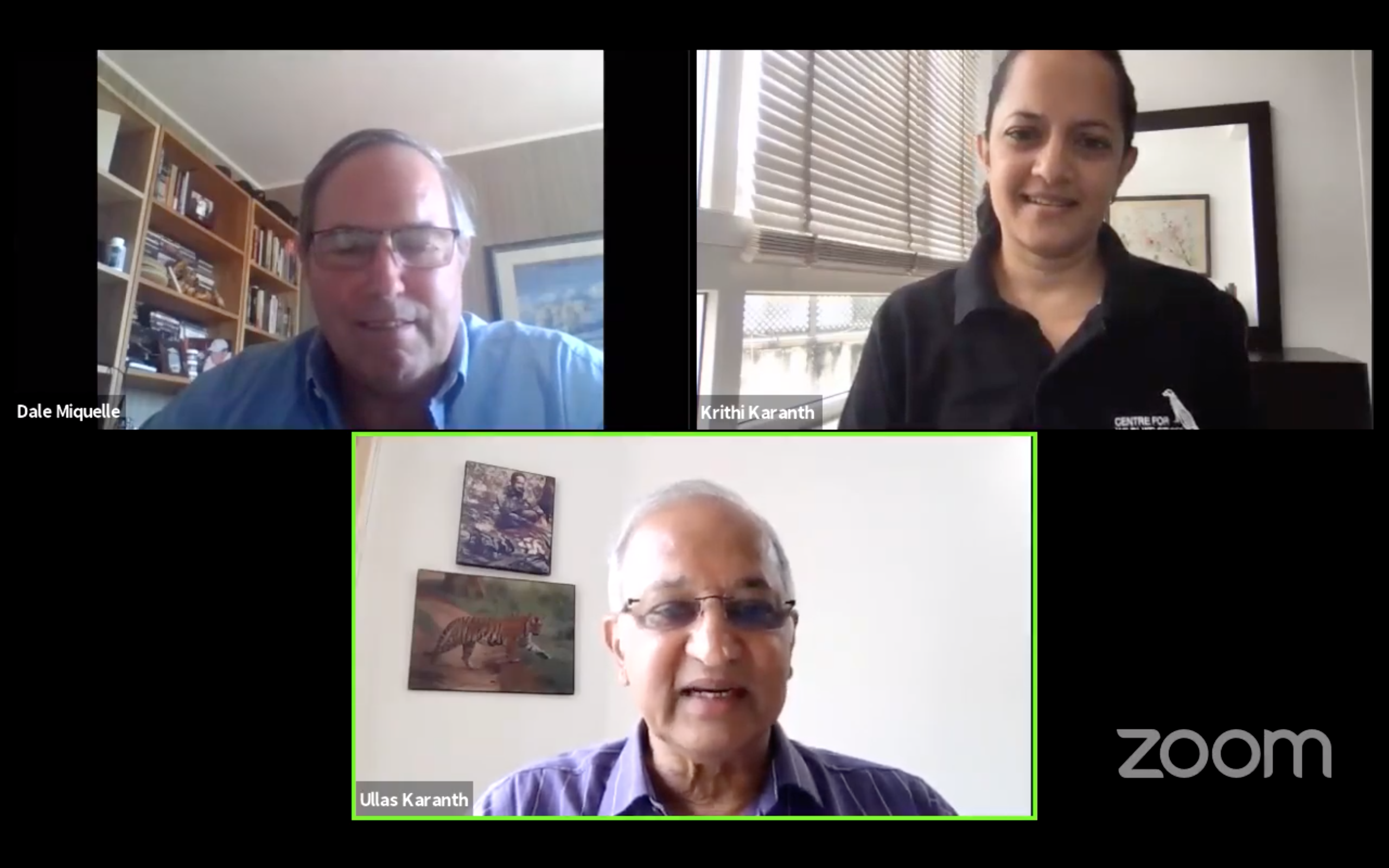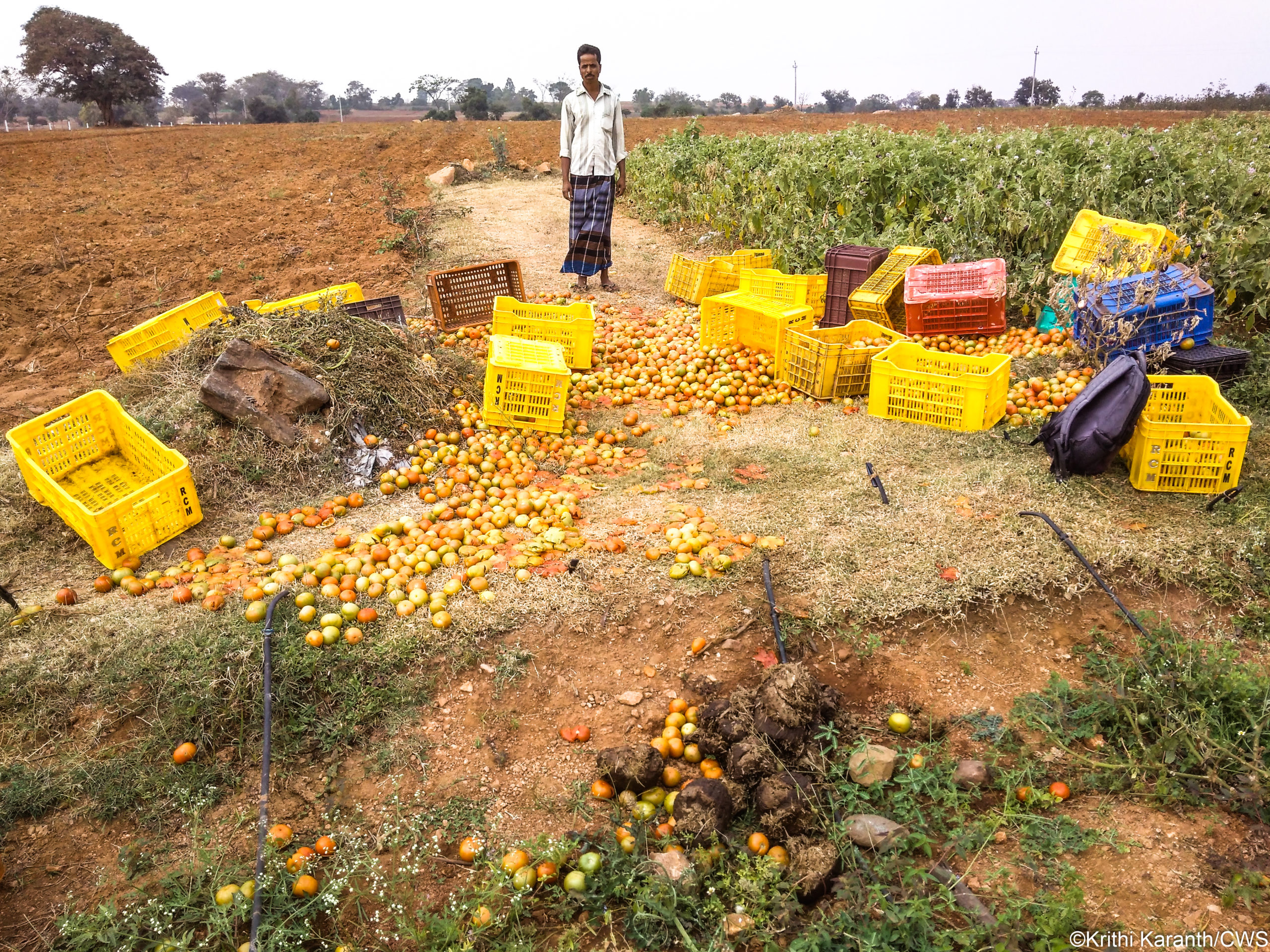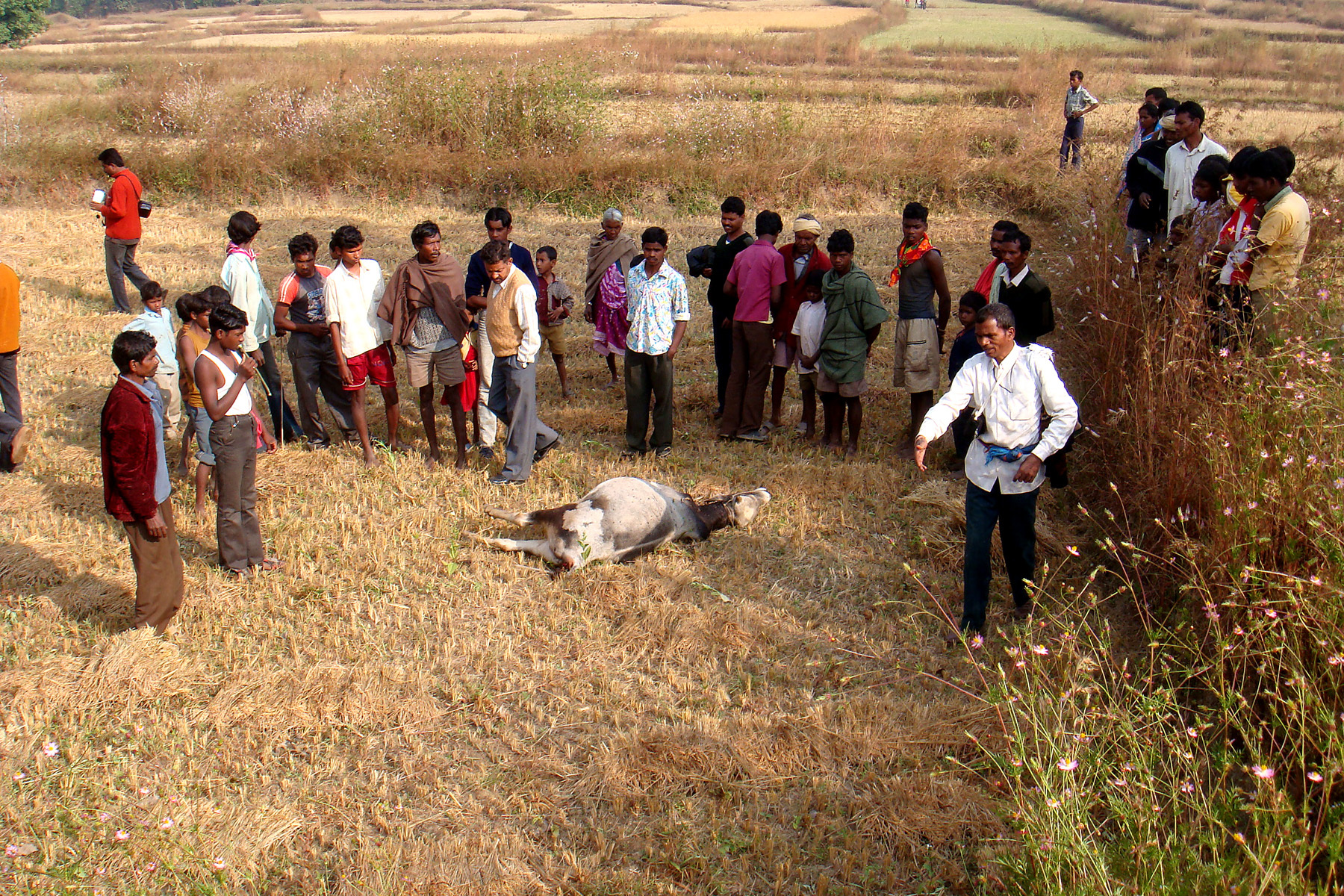Striking a balance between livestock rearing, loss and habitat degradation
Author: Nitya Satheesh This is the third article from our multi-part series titled, Human-wildlife Interactions. ‘Human-wildlife conflict’ refers to the adverse outcomes resulting from interactions [...]








